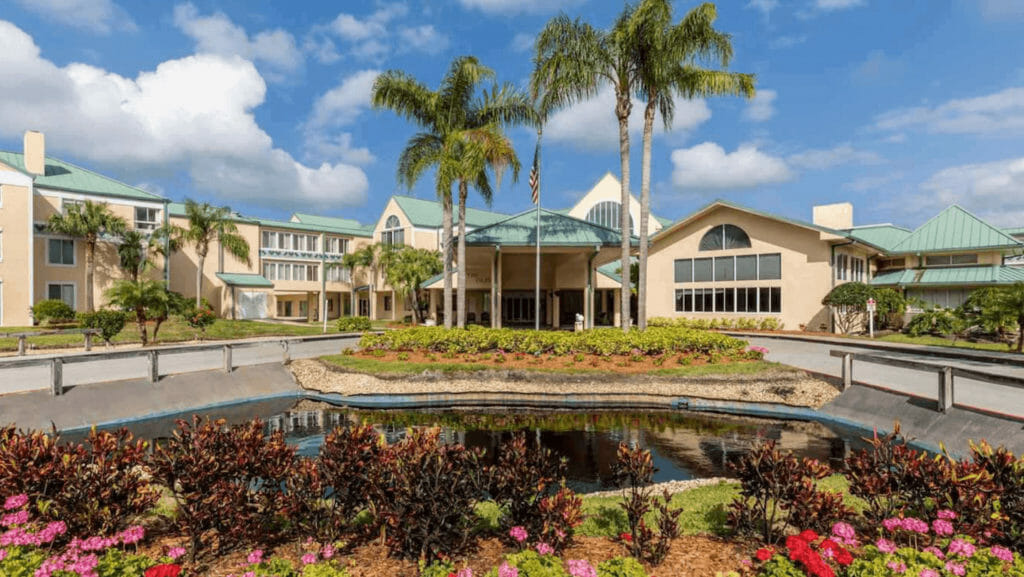
Expanding affordable senior housing and the programs that support it is the impetus behind a letter from 40 U.S. senators.
In a letter delivered Wednesday to the Senate Appropriations Subcommittee on Transportation, Housing and Urban Development, a group of legislators led by Sen. Robert Menendez (D-NJ) expressed support for “robust” funding for the U.S. Department of Housing and Urban Development’s Section 202 Supportive Housing for the Elderly and Section 811 Housing for People with Disabilities programs in the fiscal year 2023 HUD appropriations bill.
The ask came on the same day that HUD Secretary Marcia Fudge testified before the House Appropriations Subcommittee on Transportation, Housing and Urban Development on expanding the Section 202 program.
“As we look at housing in general across the country, programs like 202 and 811 are going to be more and more important as our society continues to age, and people want to age in place,” Fudge testified. “For many — too many — years, we’ve not done the kind of work in those particular areas that we should have.”
The letter asks for $600 million for capital and operator subsidies for about 6,200 new Section 202 homes as Congress begins developing the bills.
“Section 202 provides a sensible and necessary approach to meeting our nation’s growing affordable housing needs for seniors, and it is the only federally funded program expressly aimed at doing so,” the letter read. “By leveraging other funding sources, combining affordable housing with access to supportive services, and focusing on the most vulnerable segments of the population, the Section 202 program helps more seniors to live independently and age in place.”
To date, Section 202 has helped create nearly 400,000 homes for low-income older adults. The letter stated that continued investment in low-income affordable housing for older adults is cost-effective and critical to “ensuring seniors can live in supportive, decent and affordable housing.”
HUD’s most recent Worst Case Housing Needs Report found that 2.24 million very low-income elderly households were paying more than 50% of their income to rent — a 68% increase since 2009. A 2021 report from the Urban Institute predicted 13.8 million new older adult households between 2020 and 2040, with 40% (5.5 million) of those being renter households.
According to LeadingAge, Congress regularly provided $400 to $500 million annually for new Section 202 homes in 2010 and earlier. The program’s funding for new Section 2020 homes went down to zero until its revival in 2017, which has not yet reached prior funding levels. LeadingAge is urging Congress to provide $600 million for new capital advances and operating subsidies for 6,200 new Section 202 homes in FY23.
In response to Fudge’s testimony, House Subcommittee Chair David Price (D-NC) said the nation has to get HUD’s Section 202 program “back in business” and get back to the “muscle memory” of “how to go after these funds and how to put these deals together.”
President Biden’s 2023 budget requests $71.9 million for HUD — $11.6 billion more than the 2022 budget level. Fudge testified that the budget proposes $15 billion to fully fund renewals and amendments in Project-Based Rental Assistance, Housing for Persons with Disability and Section 202, along with $180 million for new development of 2,000 new Section 202 and Section 811.




